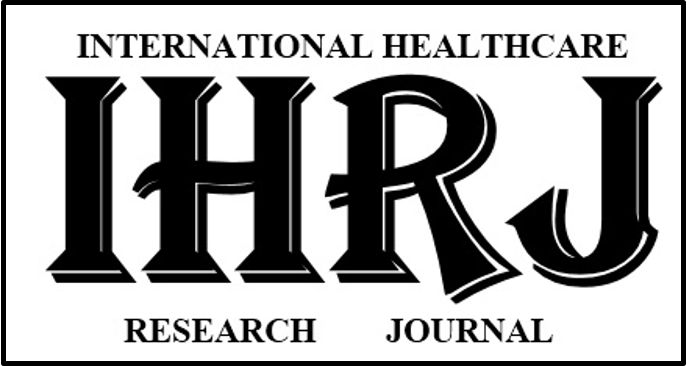Efficacy of 1% Betadine Mouthwash on the Incidence of Dry Socket after Mandibular Third Molar Surgery
Abstract
INTRODUCTION: Dry socket (syn. Alveolar osteitis, Alveolitis sicca dolorosa) is one of the most common complications after extraction of a tooth with a high incidence after a surgical extraction, particularly seen in the mandibular third molars.
AIM: To assess the efficacy of 1% betadine mouthwash in prevention of dry socket.
MATERIALS AND METHODS: The study included a sample of 154 patients visiting the department of Oral and Maxillofacial Surgery at Tatyasaheb Kore Dental College and Research Centre, Kohlapur, Maharashtra, India for surgical extraction of their impacted mandibular third molar and categorized as class A and B according to Pell and Gregory classification. The case group included patients who were provided with povidone iodine 1% oral antiseptic solution (Betadine), while no intervention was provided to the control group. All patients took 400 mg Ibuprofen (oral) one hour prior to the extraction. Post-surgery, patients were recalled on the third and seventh day and the data was recorded in the pre-filled proforma, data was entered in Microsoft excel, transferred into SPSS version 21.0 and the t-test was applied to analyze the data obtained.
RESULTS: It was observed that 26 patients (16.89%) had a dry socket present. The presence of dry socket was slightly higher among females 14, (53.84%) as compared to males (12, 46.6%). Mostly, fair oral hygiene was observed among the study subjects. No significant correlation was observed between oral hygiene status and incidence of dry socket (p>0.05). A statistically significant correlation between the cases and control group (p=0.047) was observed.
CONCLUSION: Povidone iodine 1% mouthwash reduces the incidence of dry socket following surgical extraction and hence, it use prior to surgical extraction of impacted teeth is recommended for better topical infection control.



